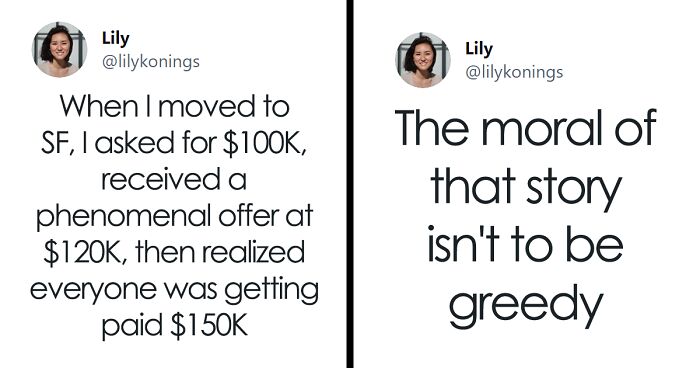
Twitter Thread Starts A Discussion On Sharing What Your Salary Is With Your Peers To Check If The Pay Is Fair
Lily Konings is a digital product designer with an impressive resume. However, her career wasn’t without its challenges.
Recently, Konings turned to Twitter to share what she went through when she moved to the tech hub, San Francisco. More specifically, how she ended up with a $30K smaller pay than her peers.
Lily’s honest tweets immediately went viral, sparking a discussion on unequal pay and ways to eradicate it. Here’s how it went down.
A few days ago, digital product designer Lily Konings tweeted about her experience with unequal pay
Image credits: lilykonings
Image credits: lilykonings
Lily touches on an important point. Generally, women and minorities ask for – and are offered – lower salaries than white men; this problem is called the ‘ask gap.’
In many fields, men expect higher salaries than women with comparable qualifications. For example, a study of online jobseekers in Argentina found that women ask for 6% less on average. This gap increases in male-dominated occupations — another study that took a look at US doctors in residency showed that women’s ideal starting salary averaged 92% of men’s ideal.
Some people disagree with Lily’s arguments
Image credits: zobskewed
Image credits: thisweeksjorts
Image credits: cindyalvarez
While these numbers might not seem that worrying at first, keep in mind that pay gaps at the start of a career compound.
“Over time it builds up because the percentage of raises is usually based on the base salary, so that accumulates over the years,” Zhaleh Semnani-Azad, a management professor at California State University, Northridge, told the BBC. “So, this is where women do miss out long term.” Some researchers have estimated that a difference of $1,000 in starting salary could lead to a cumulative loss of a half-million dollars.”
And some support her line of reasoning
Image credits: mycenotaph
Image credits: Duncanma
Image credits: DevinPickell
Image credits: AlbatrossDecon
Image credits: lleeiigghh
Image credits: lleeiigghh
Image credits: PimMinderman
Image credits: DennisLeviticus
Image credits: sofia__haq
Image credits: mirdaub
Image credits: mirdaub
Image credits: skipper
Image credits: lysandrou_
Image credits: tanyaofmars
Image credits: danlemmond
Image credits: bbynissa22
Image credits: resplendentmoi
Image credits: Adriana_Herrera
Image credits: WanderingKells
I feel like the question "how much would you like your salary to be" is complete bs and should be turned around where the employer tells the employee how much they will be paid, why and how or when it will be raised, so you can't do these stupid "gotcha!" moments.
I have never worked anywhere, where I need to negotiate my salary. The idea is completely foreign to me! Any job ive applied for, the salary is advertised. Every where i have worked as well, you get a raise each year for so many years, so there will be people doing the same job on different levels.
Load More Replies...At my unionized job we have a grid that outlines what we get paid based on how long we have worked there and inflation (year). This is the wage appendix we negotiated in the fall. At my non unionized job I made minimum wage for years even though I pretty much ran the show in my department. Only when they promoted the guy hired after me to me the head, as a consolation prize they gave me a wage increase. Honestly though that company is so badly run if they had to pay everyone fair wages they would probably go out of business. IMG_202108...555686.jpg 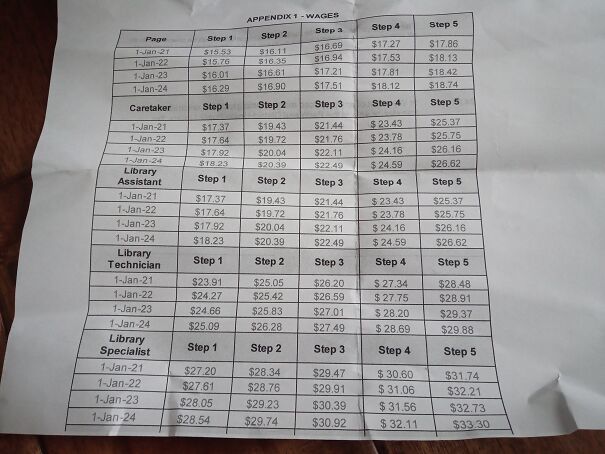
Spirit of enquiry question - is this a uniquely US thing - you asking for your own salary and job postings rarely even giving a range - or is it universal and the UK is the oddball by putting salary ranges in the ads and negotiations for salaries not really being a "thing"? I've never been given the opportunity to negotiate - the salary is £x, take it or leave it, you'll get salary bumps within the range for your role.
It's getting more common in the UK, sadly. My wife works for a multinational company and they don't reveal pay, only very vague 'grades'. My wife had to ask her colleagues about their pay to work out whether she had got offered the bottom or top of the band when she joined the company.
Load More Replies...I feel like the question "how much would you like your salary to be" is complete bs and should be turned around where the employer tells the employee how much they will be paid, why and how or when it will be raised, so you can't do these stupid "gotcha!" moments.
I have never worked anywhere, where I need to negotiate my salary. The idea is completely foreign to me! Any job ive applied for, the salary is advertised. Every where i have worked as well, you get a raise each year for so many years, so there will be people doing the same job on different levels.
Load More Replies...At my unionized job we have a grid that outlines what we get paid based on how long we have worked there and inflation (year). This is the wage appendix we negotiated in the fall. At my non unionized job I made minimum wage for years even though I pretty much ran the show in my department. Only when they promoted the guy hired after me to me the head, as a consolation prize they gave me a wage increase. Honestly though that company is so badly run if they had to pay everyone fair wages they would probably go out of business. IMG_202108...555686.jpg 
Spirit of enquiry question - is this a uniquely US thing - you asking for your own salary and job postings rarely even giving a range - or is it universal and the UK is the oddball by putting salary ranges in the ads and negotiations for salaries not really being a "thing"? I've never been given the opportunity to negotiate - the salary is £x, take it or leave it, you'll get salary bumps within the range for your role.
It's getting more common in the UK, sadly. My wife works for a multinational company and they don't reveal pay, only very vague 'grades'. My wife had to ask her colleagues about their pay to work out whether she had got offered the bottom or top of the band when she joined the company.
Load More Replies...
 Dark Mode
Dark Mode 

 No fees, cancel anytime
No fees, cancel anytime 






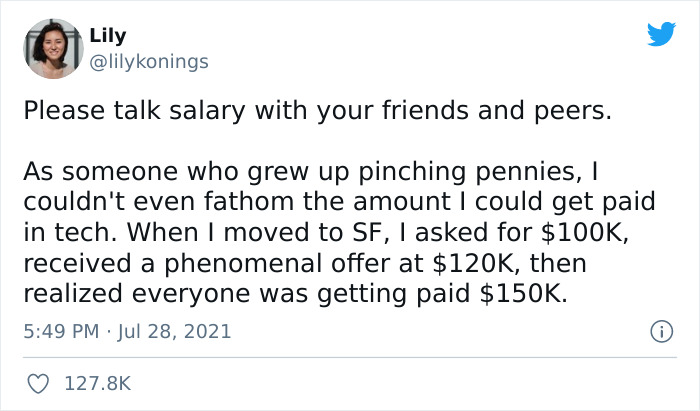
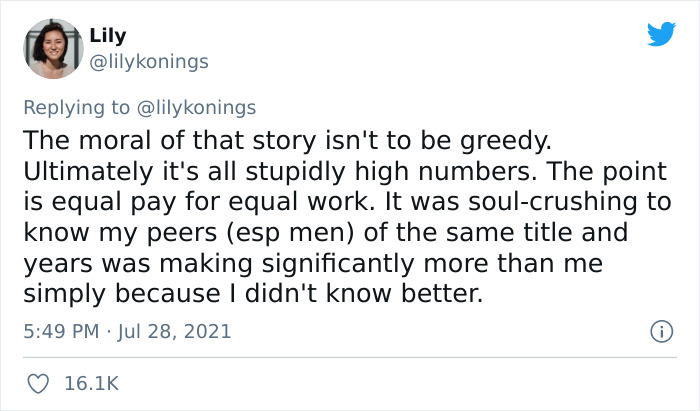
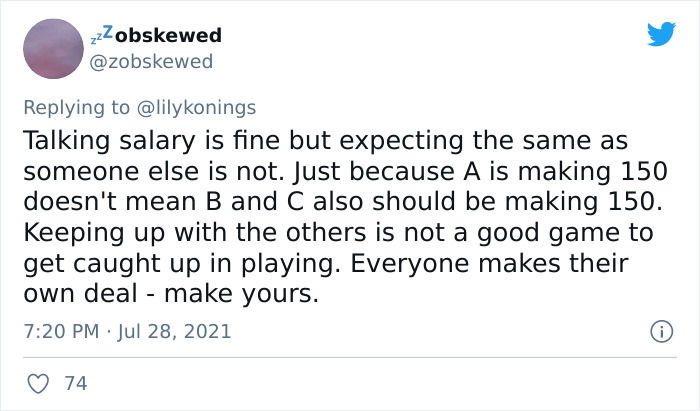
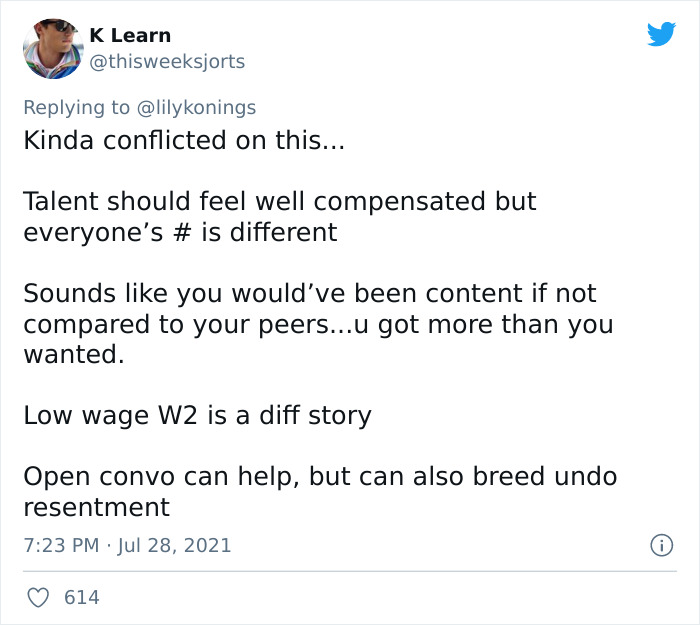
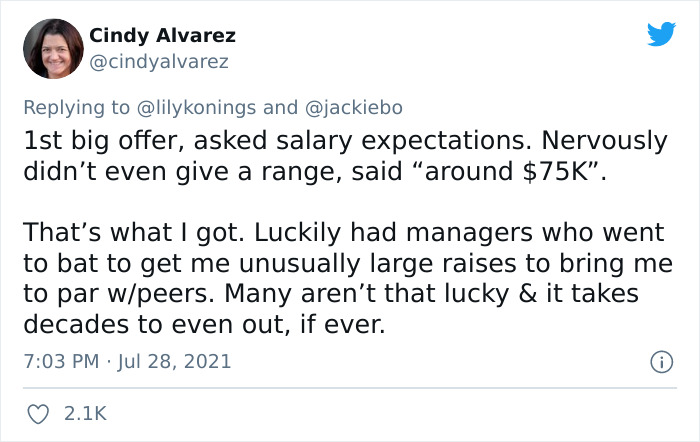
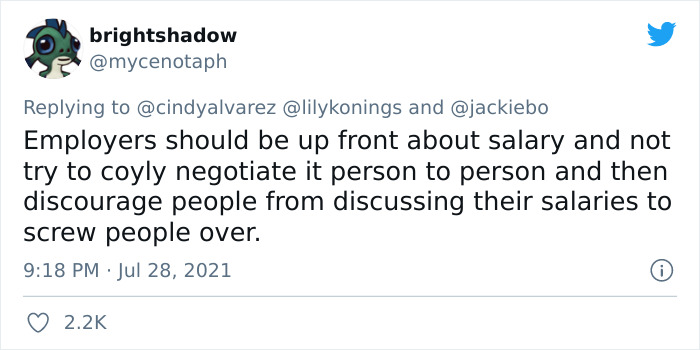
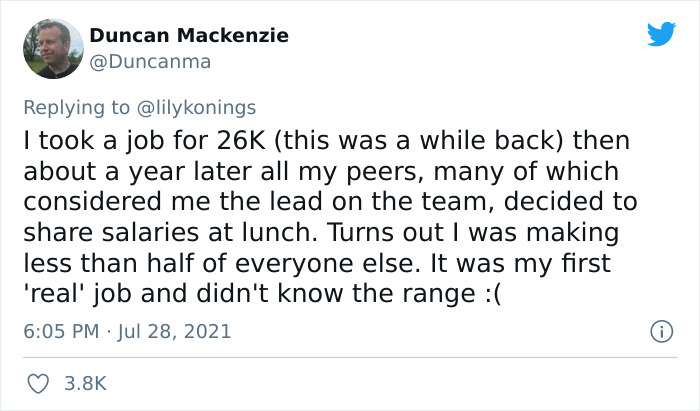
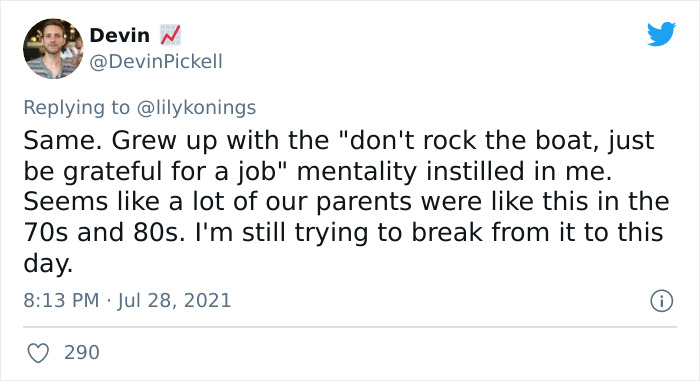
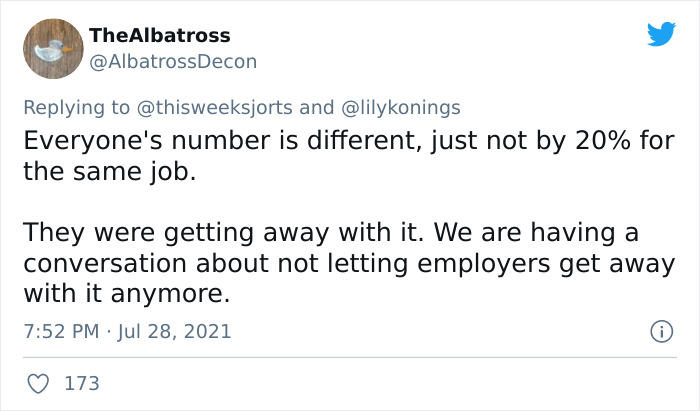
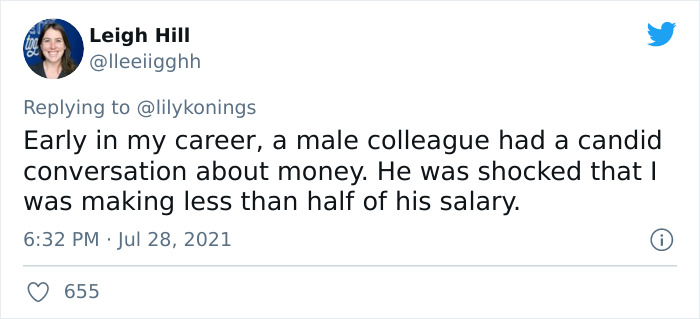
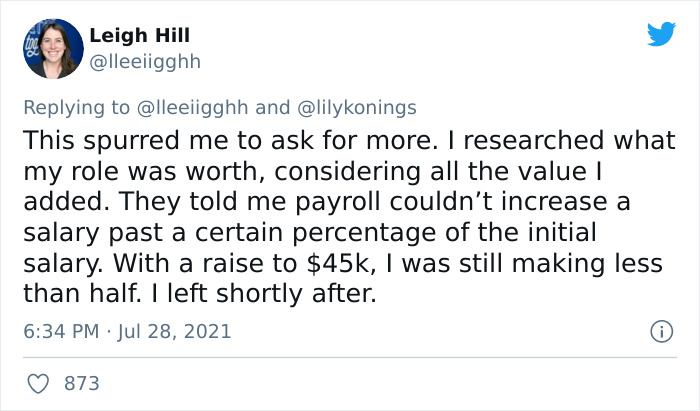
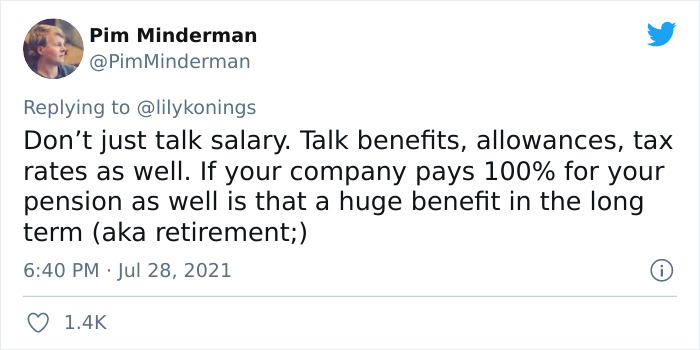
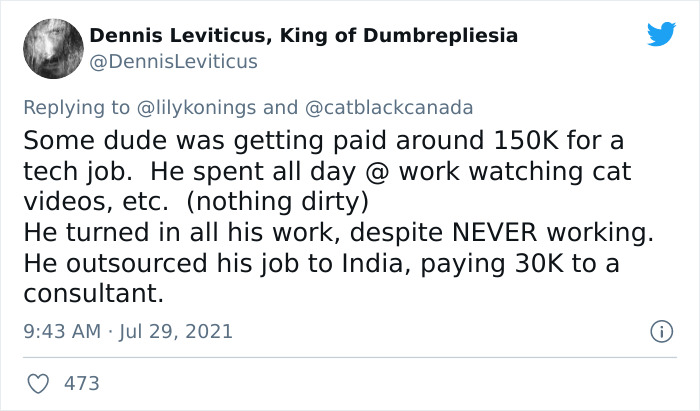
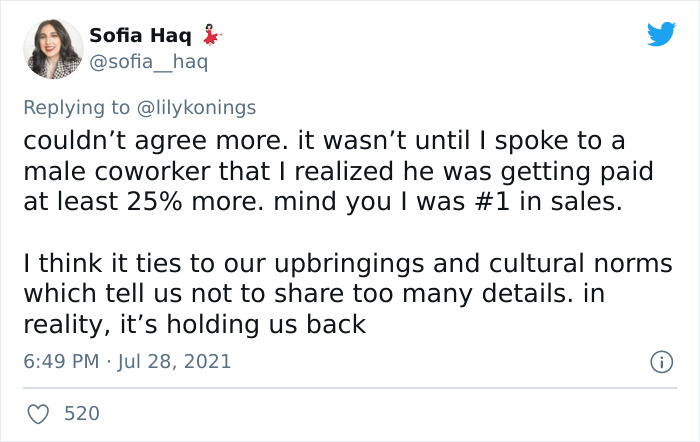
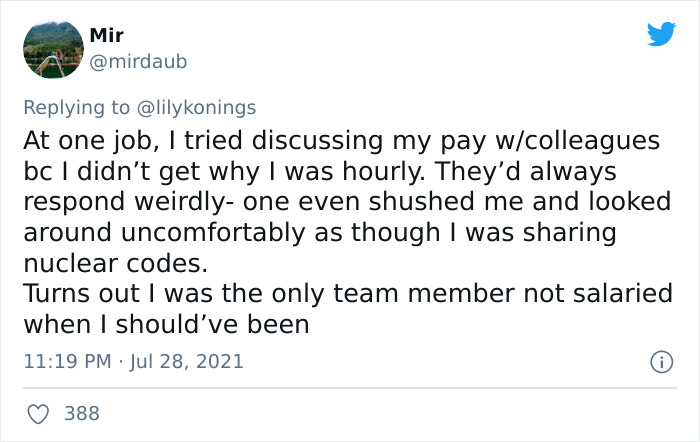
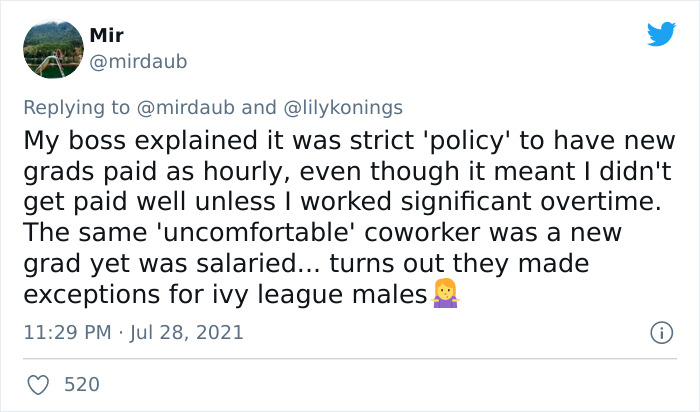
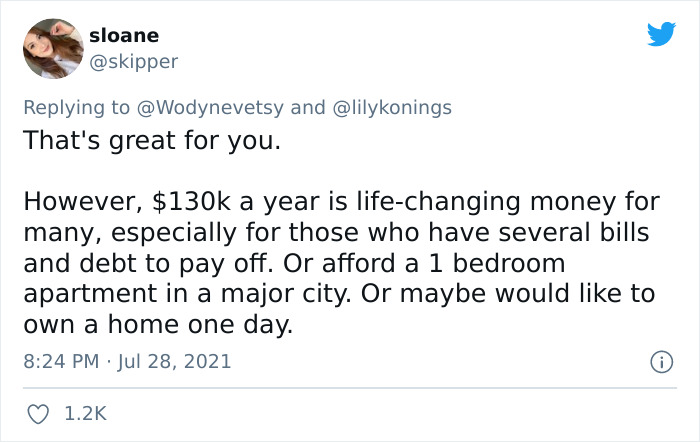
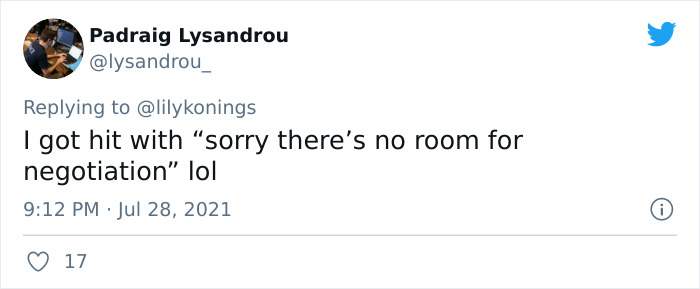
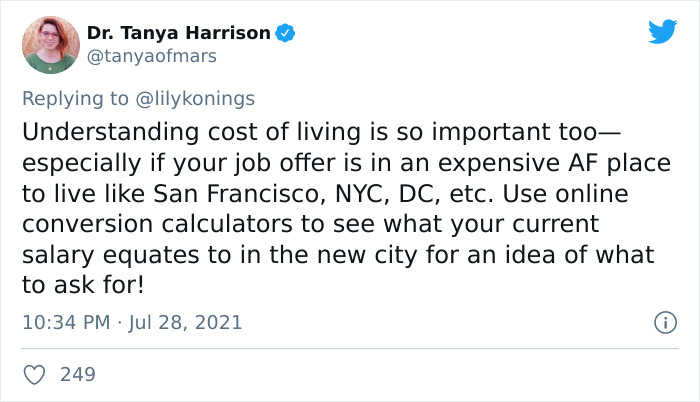
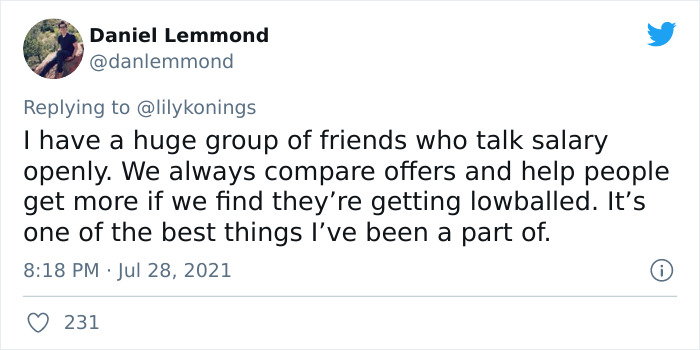
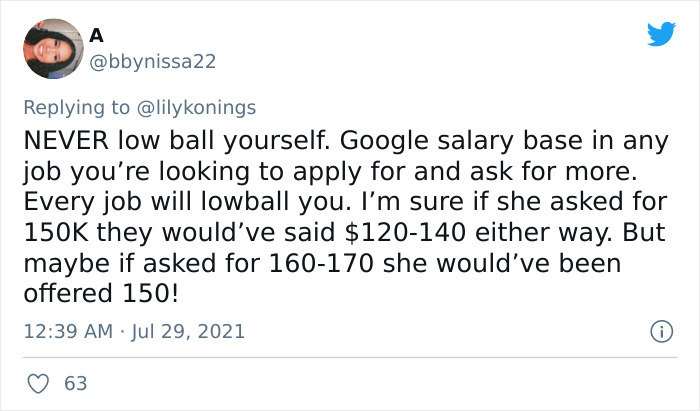
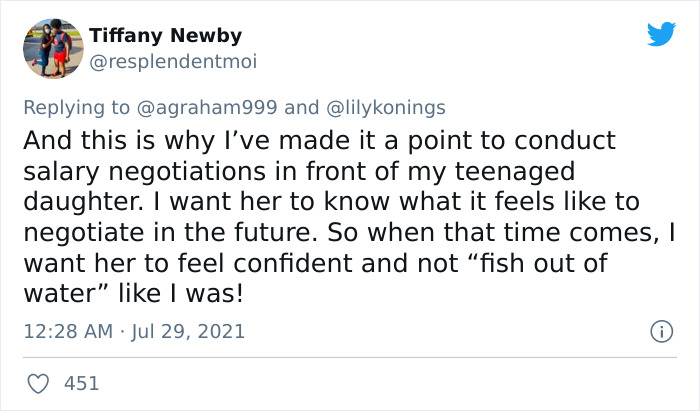













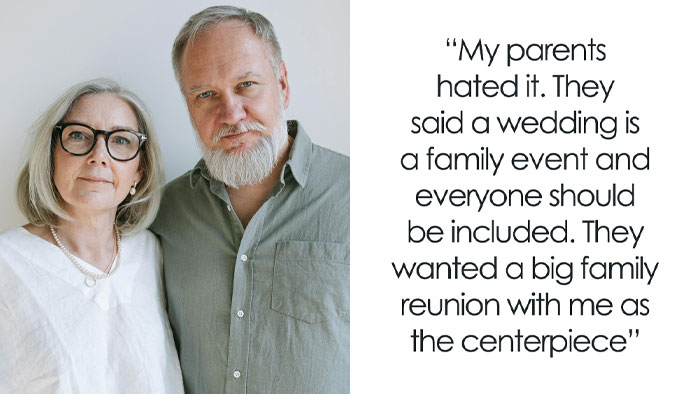
































98
40